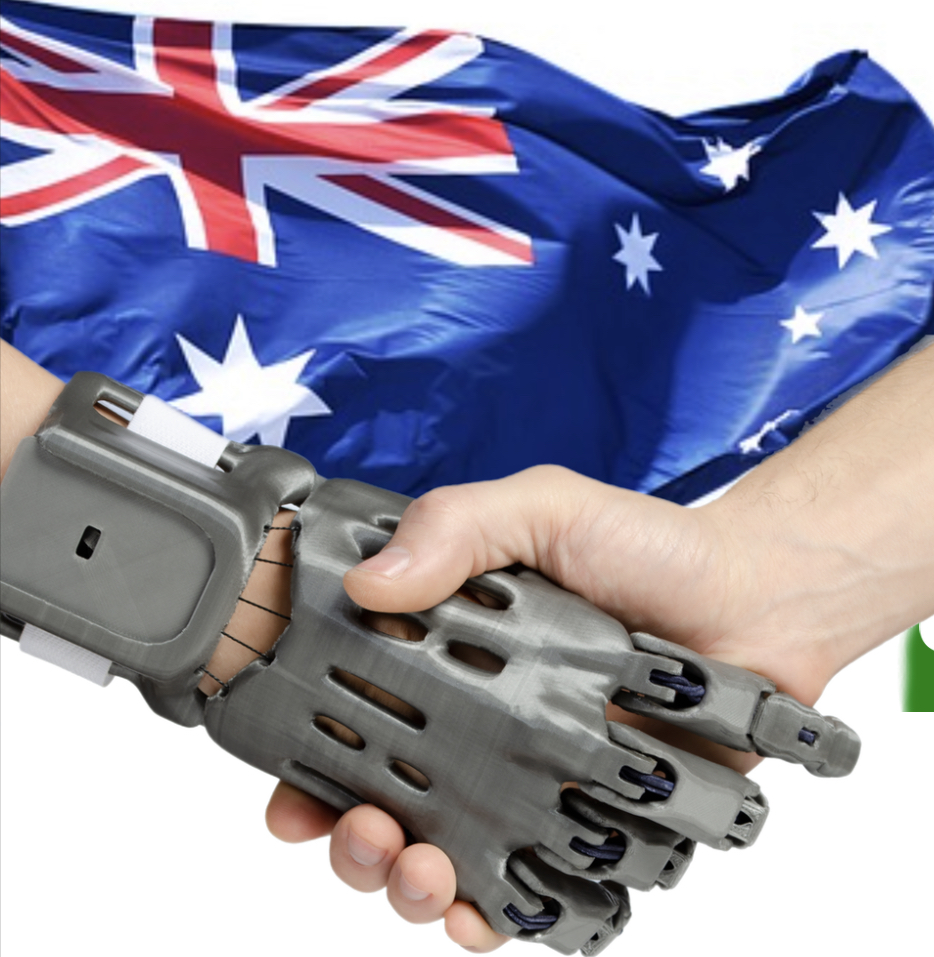Written by PDA President, Andrew Fairbairn
In the context of disability services, we hear the words “choice and control”. It is much like the other catch phrase, “reasonable and necessary”. Often heard, but with little to no understanding as to what it is.
I have broken this blog into 3 parts, all addressing the issue of choice and control.
1. What is it?
2. When is it?
3. How is it?
Number 1.
In the disability sector, choice and control is the way of thinking about how you arrange your supports and get the services you require.
It means having control over the course of your life and how you make decisions.
Examples:
1. Consumer choice. What sort of prosthetic foot you may choose
2. Complex choice. Adding to the mix things such as ot, physio, exercise physiology
3. Personal life choices. What you eat and what you wear.
Number 2.
I would posit that choice and control is a part of everything you do.
From what you had for breakfast, to your employment, to where you live and who you want to hang out with.
Using the 3 C’s below, you can successfully exercise your choice and control.
Clarify:
Clearly identify the decision to be made, or the problem to be solved. Be very specific in this. The more information you have, the better the identification you can come up with.
Consider:
Think about the possible choices and the consequences of each of those choices.
Again, be very specific. As Einstein stated “every action has an equal and opposite reaction”.
Choose:
Choose the best choice. This choice then becomes your decision.
A decision is defined as a conclusion reached after considering all choices.
Will you always make the best decision? Probably not, but using the 3 c’s you have a way to develop your skills in choice and control.
When all is said and done, your decision is based on your choice, giving you control over the outcome.
Number 3.
There are a few things you need to consider when exercising your choice and control.
Remember the 3 c’s, but even more importantly, develop your own self advocacy skills.
Self-advocacy is the ability to “speak up” for yourself.
Having these skills will assist you to speak up when you are meeting with your prosthetist, your support coordinator, your service provider and even your doctor!
By educating yourself, you will maintain control of conversations and situations that will arise. You will find that even though there may be a lot of choice, by understanding what information is being shared with you, you will be able to maintain composure, not become overwhelmed and still maintain control.
Let’s have a look at 3 steps that will assist you in your advocacy journey:
1. Problem analysis:
#1. What is the problem or issue?
#2. Do you need a new prosthesis?
#3. Do you need to update your plan?
2. Information gathering:
#1. What additional information do you need? Things like policy and procedures, rules, or reports.
#2. Where can you get this information? Limbs 4 life website, peer support, internet search.
#3. Find out who the decision maker is. Is it the doctor, prosthetist, Ndis planner/lac?
#4. Are there others who can help, such as an advocacy service, family, or another allied health practitioner?
3. Solution analysis:
#1. What are the possible outcomes, the specific and realistic solutions to the issue?
#2. Identify possible barriers that might get in the way of these solutions. An example of this may be inadequate funding for a particular prosthetic device.
#3. Ask what the other party will do to help find solutions to the issue.
There is an abundance of training available to learn these skills and I encourage you to have a look around and find what is suitable for you.
Finally, this is what good choice and control looks like.
It looks like better service and disability outcomes.
It looks like dignity of care.
It puts you in the driver’s seat.
It gives you flexibility to direct services.
Greater choice and control will achieve improved outcomes.
With the right information, the right education, exercising choice and control leads to empowerment, self-determination, and control over all aspects of your life.
This then gives you the best life you can live.


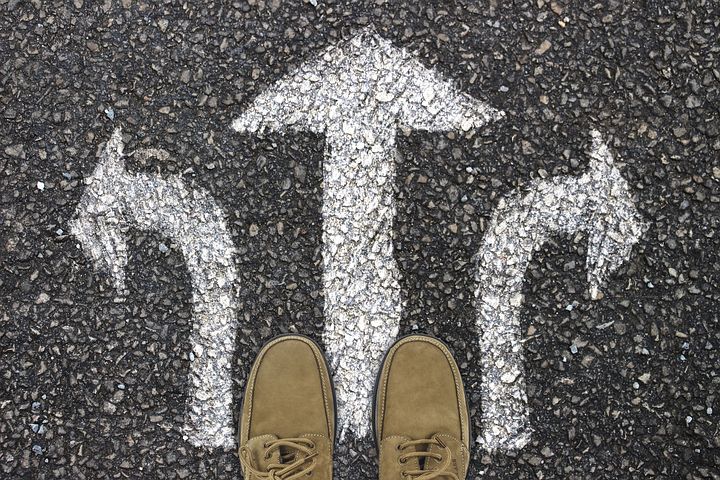
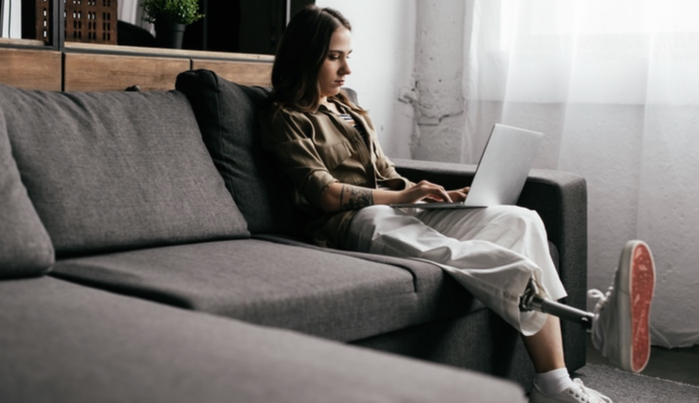
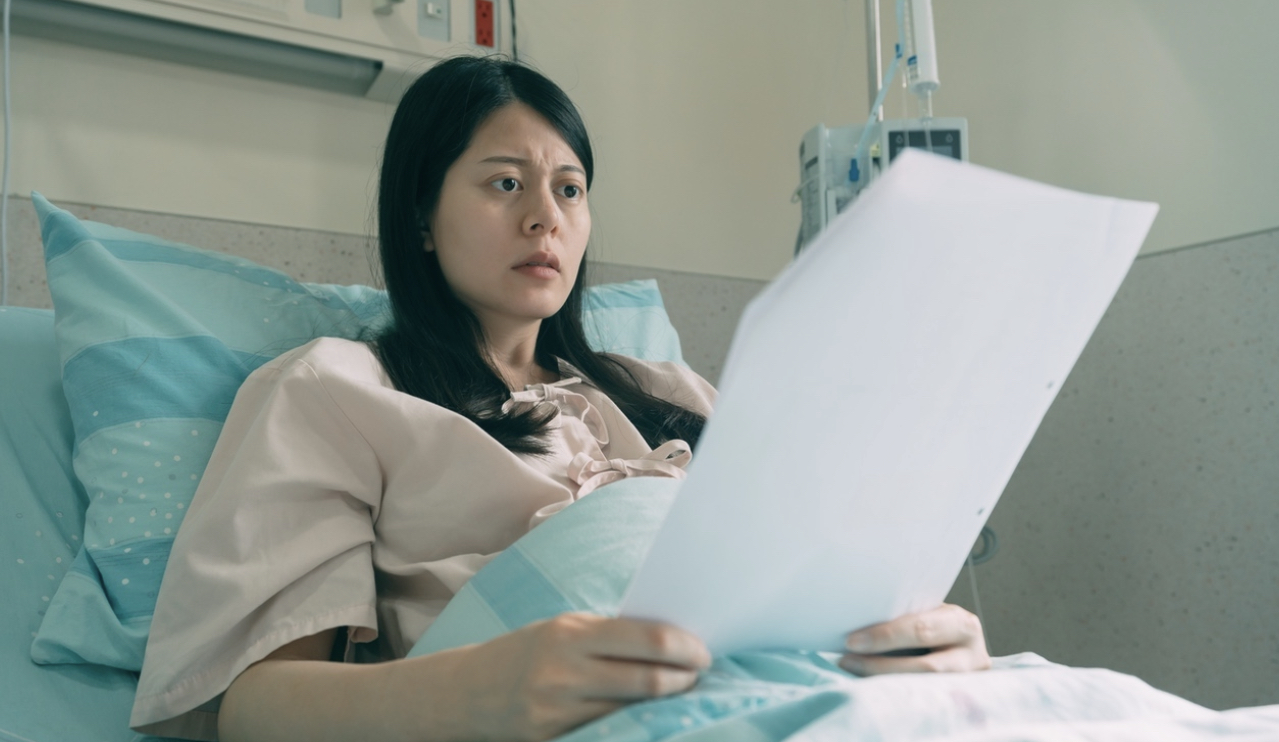

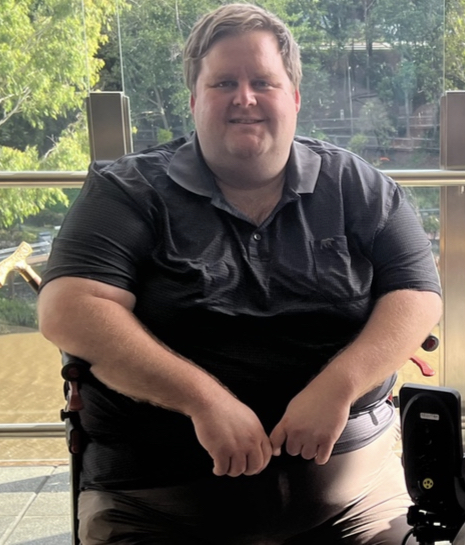


![“One of Alcott’s biggest achievements in the role [of 2022 Australian Of The Year] was to change perceptions about disability, and not just for non-disabled people.”](https://www.pda.org.au/wp-content/uploads/2023/01/8C7E98C8-4B3C-482C-8BEE-53779A2B3814.jpeg)
